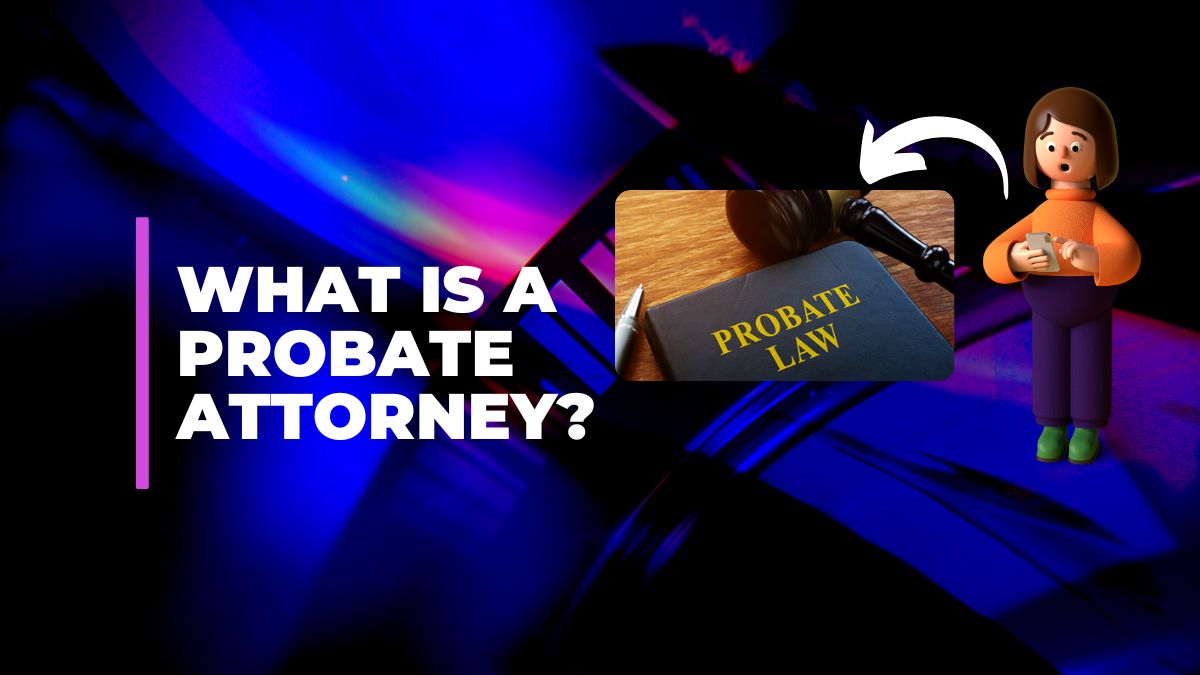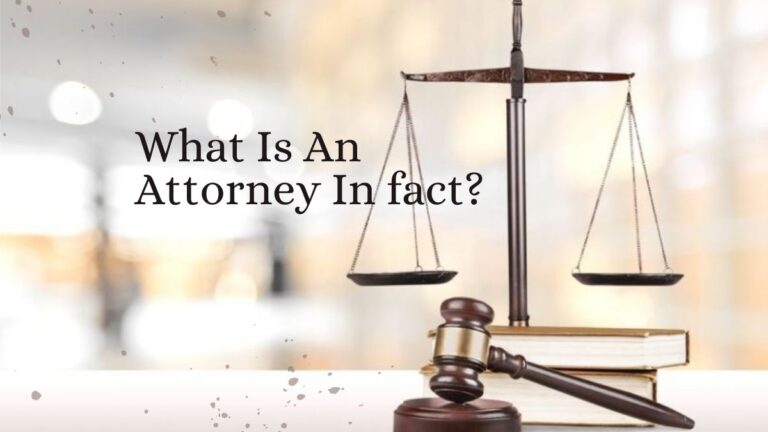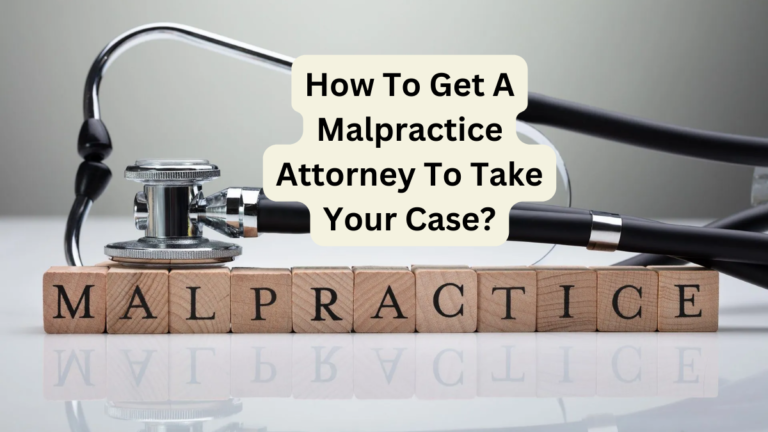What Is A Probate Attorney?
Probate attorneys play a crucial role in the legal system, particularly when it comes to matters of estate planning, asset distribution, and probate administration. In this blog, we will provide a detailed overview of what probate attorney does, their responsibilities, and how they can assist individuals and families during the probate process.
Section 1: What is Probate?
- Definition: Probate is the legal process that occurs after a person’s death to validate their will, identify and distribute their assets, and settle any outstanding debts or claims.
- Probate Court: The probate court oversees the process, ensuring that the deceased person’s wishes are carried out according to the law.
Section 2: The Role of a Probate Attorney
- Estate Planning:
- Asset Distribution: Probate attorneys assist individuals in creating a comprehensive estate plan that outlines their wishes for asset distribution after their death.
- Will and Trust Preparation: They help clients draft legally binding wills and establish trusts, ensuring that the documents are accurate, valid, and reflect the client’s intentions.
- Power of Attorney and Healthcare Directives: Probate attorneys also assist in creating documents that designate trusted individuals to make financial and healthcare decisions in case of incapacitation.
- Probate Administration:
- Document Preparation: Probate attorneys gather necessary documents, such as the will, death certificate, and financial statements, to initiate the probate process.
- Court Representation: They represent the executor or personal representative in court hearings, ensuring compliance with legal requirements and addressing any challenges or disputes that may arise.
- Asset Identification and Valuation: Probate attorneys help locate, assess, and value the deceased person’s assets, including real estate, investments, bank accounts, and personal property.
- Creditor Claims: They handle communication and negotiation with creditors, addressing any outstanding debts and claims against the estate.
- Asset Distribution: Probate attorneys guide the executor in distributing assets according to the deceased person’s wishes as stated in the will or based on state laws if no will exists.
- Estate Litigation:
- Will Contests: In cases where the validity of the will is challenged or disputed, probate attorneys provide legal representation and navigate the litigation process.
- Beneficiary Disputes: They help resolve conflicts among beneficiaries regarding asset distribution, interpretation of the will, or allegations of undue influence or fraud.
Section 3: When to Hire a Probate Attorney
- The complexity of the Estate: If the estate involves significant assets, business interests, multiple beneficiaries, or potential disputes, it is advisable to seek the guidance of a probate attorney.
- Legal Expertise: Probate laws can be complex and vary from state to state. Hiring an attorney ensures compliance with legal requirements and avoids costly mistakes.
- Peace of Mind: Engaging a probate attorney can alleviate the burden and stress associated with navigating the legal process during a difficult time.
Conclusion:
Probate attorneys provide essential guidance and legal support during the probate process, ensuring that a deceased person’s assets are distributed according to their wishes and the law. From estate planning to probate administration and litigation, these professionals offer expertise and experience to help individuals and families navigate the complex legal landscape surrounding probate matters.
Hiring a probate attorney can bring peace of mind, allowing you to focus on honoring your loved one’s legacy while ensuring a smooth and fair distribution of assets.






